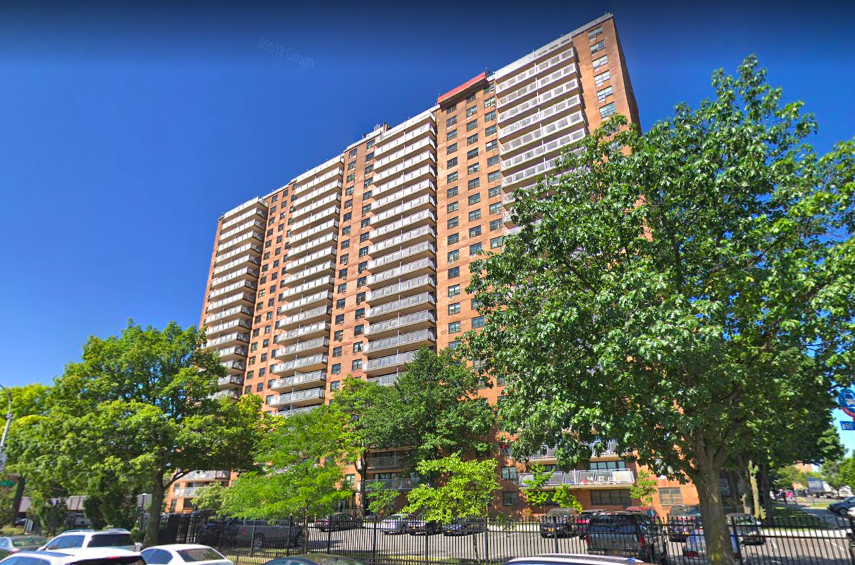Assemblywoman Latrice Walker (D-Brownsville) alongside State Senator Brad Hoylman (D/WF-Manhattan) introduced legislation (S5687/A7790) this week to curtail the use of facial recognition software by a landlord on a residential property in New York.
The introduction of the measure comes just weeks after a group of Brooklyn tenants filed a formal complaint with the state against a landlord trying to install a facial recognition system, claiming racial profiling.

“As the use of facial recognition technology becomes increasingly common, concerns have been raised by advocates for privacy and civil liberties relating to the effectiveness and ethical implications of such technology,” said Walker.
According to Gothamist, in a complaint submitted to the state Homes and Community Renewal (HCR) agency on May 1, Brooklyn Legal Services’ Tenants Rights Coalition argue that the proposed facial recognition technology at Brownsville’s Atlantic Plaza Towers raised serious privacy and civil rights concerns for the tenants, most of whom are black.
Tenants said they were presented a plan by the landlord to improve security at the front entrances of the building by using a facial recognition system known as StoneLock. The company advertises the product as a “frictionless entry system” that collects biometric data based on facial features. The process involves submitting to an initial face scan, but tenants said it was not clear whether they could opt out.
“Significant evidence exists to suggest that facial recognition technology is less accurate when analyzing faces of color than when analyzing white faces,” added Walker.
Hoylman and Walker’s legislation would make it illegal for any landlord to obtain, retain, access, or use, on any residential premises, any facial recognition system or information obtained from or by the use of a facial recognition system.
Additionally, the bill would give the Attorney General the authority to seek an injunction or impose a civil penalty for such a violation.
State rules require landlords of rent-regulated apartments built before 1974 to seek permission from HCR for any “modification in service.” According to HCR, this is the first application the agency has received involving facial recognition technology. The Atlantic Plaza Towers tenants are asking HCR to deny the application, but they have also asked the state to hold a hearing and hear testimony as part of its deliberation process.
The lawmakers argue the technology will only serve to proliferate discrimination against tenants of color as the surveillance technology has historically been used to police and gather evidence against low-income communities of color.
Hoylman’s legislation would also authorize a private right of action for those unlawfully subjected to facial recognition, and require courts to award costs and reasonable attorney’s fees to prevailing plaintiffs.






